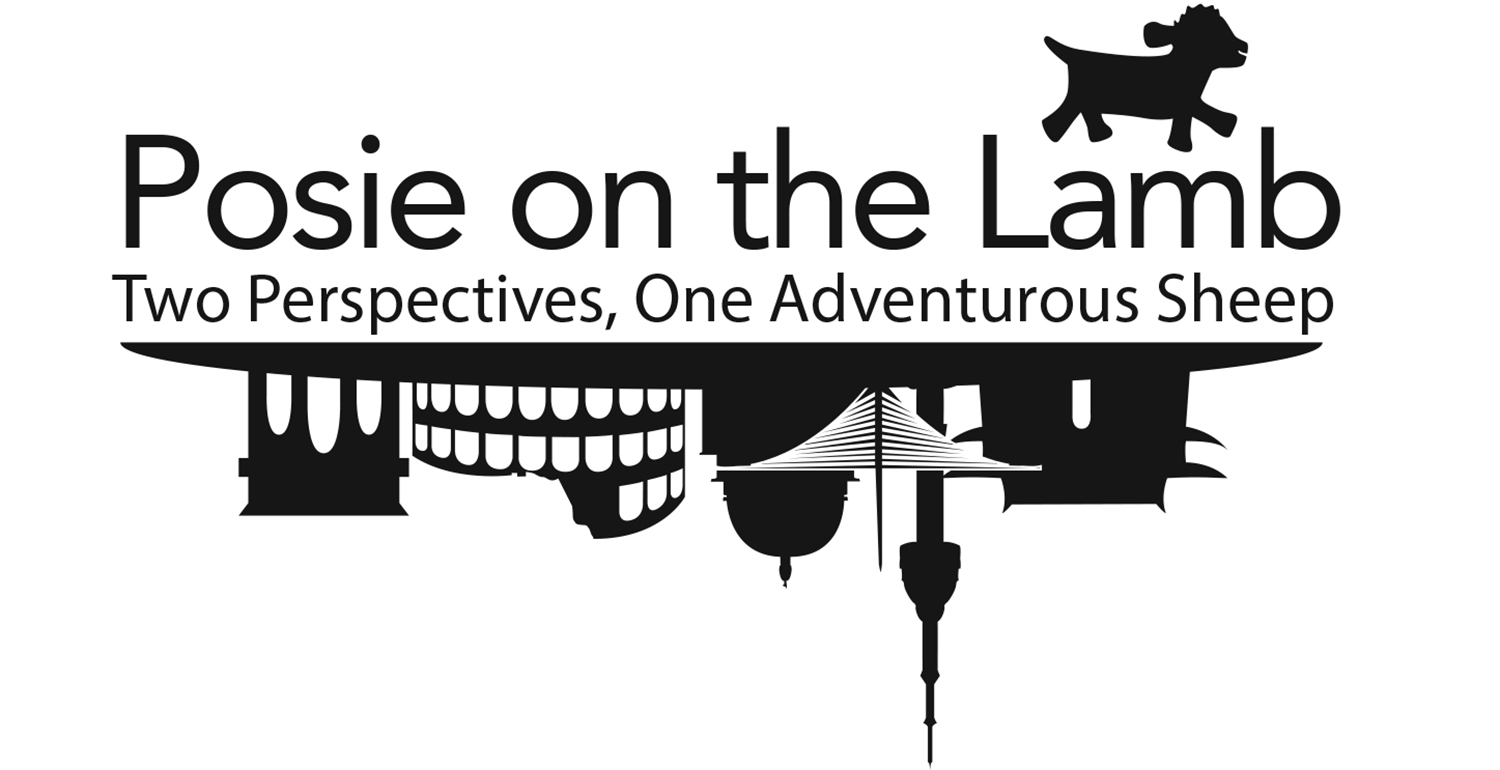Baby Talk

My entertainment value over here is astronomical.
Give me a bowl of noodle soup and a pair of chopsticks, and I can make a room of adult professionals laugh until they pee their pants. On the few occasions I manage to produce a full sentence of Korean—say, accepting an offer of tea—every female in the room goes, “Awwww,” and pats my head. The other day my neighbor at the lunch table cut my fish into bite-sized pieces for me. He even removed the bones (Koreans are amazingly deft at removing spinal columns with chopsticks). It’s like I’m the biggest kindergartener they’ve ever seen. At first, I thought this was because I can’t speak Korean. On a good day, I talk like Tarzan. (“Yes. Cookies. Me like.”) On a bad day, I play charades, with much pointing and clowning and overblown gestures. Even the students look at me strangely on those days. They also giggle a lot.
But this week I had a revelation. The real problem isn’t my shtick. It’s my inflection.
Korean, you see, is the Iowa of languages. It’s perfectly flat in every direction as far as the eye can see. It doesn’t involve the vocal acrobatics English-speakers use for emphasis and expression. For us, tone and pitch are as essential to communication as the words themselves. Think about all the different connotations this sentence could have depending on delivery:
“We don’t have to be afraid of killer monkeys.”
You could put the emphasis on ‘afraid’ to indicate that this is an inappropriate emotion to harbor toward killer monkeys. Instead, we should love them and feed them lots of jam. Alternatively, if you stress ‘we,’ the implication is that killer monkeys aren’t a threat to us personally, because we are capable of fighting them off with our fierce ninja moves. A rising screech as the sentence progresses might indicate uncertainty and a modicum of terror, while a dry, sarcastic delivery would mean that, yes, in fact, we should fear the killer monkeys because they might eat us to death.
English speakers are so adept at this, we can even do it with a single syllable:
“So?” So, did you remember to shut the door so the killer monkeys don’t get in again?
“So?” So what if I let in a monkey or two? What’s it to you?
“SO!” So you’re the jerk who let the monkeys in!
“So…” So... are we going to do anything about that monkey chewing on Carl?
Koreans don’t do this. If diagramed by vocal inflection, a Korean sentence would look like this:
________________________________________.
Or, in the case of a question, this:
______________________________________/ ?
Not a lot going on there.
Instead of the vocal rollercoaster English-speakers use, Koreans show emphasis by changing the word order of a sentence. The most important word, context-wise, goes first. This is one of the reasons my brain fries out when studying Korean grammar.
Very small children, however, are not so controlled in their speech. For example, there was a five year-old coloring in the English office after school the other day. She was having a happily incessant conversation with the air, as young children are wont to do. After a steady ten minutes of this, I suddenly realized she was rollercoastering all over the place.
I pointed this out to my co-worker, who laughed. “Aegyo,” she explained.
Aegyo is the Korean word for someone being childishly cute. Basically, she told me, kids inflect because they don’t know any better. It’s super adorable, too. Like when American children call their pasta ‘pasketti.’ Cutest thing ever!
Upon reflection, I realized that this is my problem. I rollercoaster like a hyperactive child at Great America. In fact, I do it deliberately to help convey meaning when my vocabulary falls short. The result? I’ve spent the last three months burbling words like ‘pasketti’ while demonstrating a profound inability to operate my cutlery. No wonder they all keep patting me on the head.
On the plus side, they also give me cookies.
-Erin
